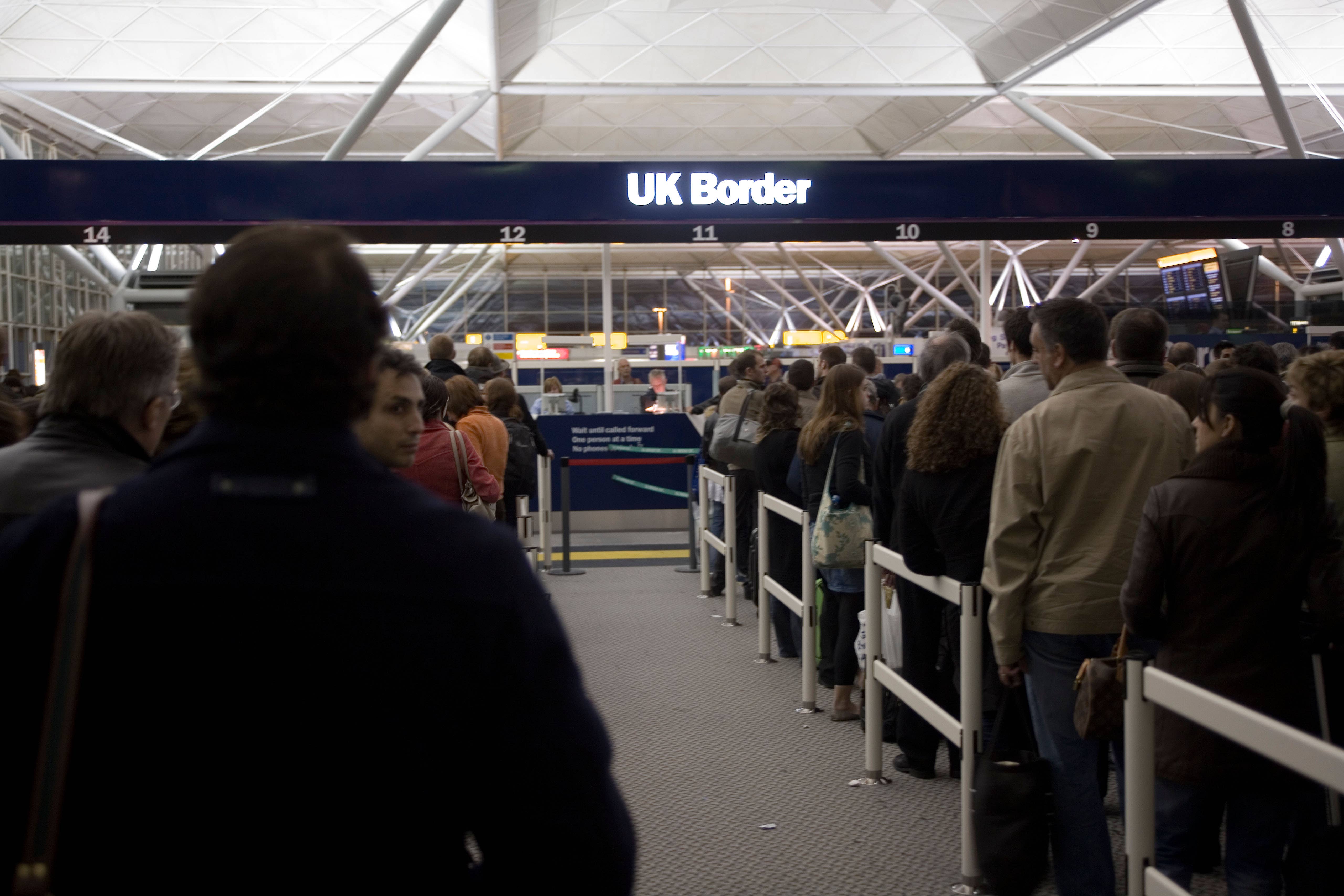Dancers, writers, and photographers from abroad could soon be eligible for key worker visas, as a new proposal aims to fill "crucial" roles within the UK.
The Migration Advisory Committee (MAC) has compiled a preliminary list of 82 below-degree-level occupations, identified as potentially vital for prioritised sectors, which may form part of a temporary shortage list.
This independent body is yet to finalise its recommendations, but if approved, these workers would gain time-limited access to the UK's immigration system.
According to the government’s immigration white paper, the temporary shortage list is specifically designed to allow below-degree-level workers into the country only if they are "key to the industrial strategy or delivering critical infrastructure."
Unveiled in May, this policy document forms part of a wider effort to control immigration, following a record net migration figure of 906,000 in the year to June 2023.
The initiative also seeks to reduce reliance on overseas recruitment, instead prioritising the training of British citizens. The proposed temporary shortage list is intended to be "narrow" in scope.

Among the 82 candidate occupations are artists, authors, actors and entertainers, dancers and choreographers, and photographers.
They are listed alongside human resources (HR) officers and health and safety managers.
Bricklayers, welders, carpenters, IT staff, fashion designers and civil engineers are also included.
The committee chose these initial roles based on their contribution to the eight “growth-driving” sectors in the Government’s industrial strategy – including defence, life sciences and creative industries – and building infrastructure.
Each will be screened before the MAC drafts a final list in a process due to end in July next year.

Professor Brian Bell, MAC chairman, said: “The Government’s vision for the new temporary shortage list is to provide time-limited access to the immigration system for ‘mid-skilled’ occupations, where long-term shortages have been identified and deemed as crucial to the delivery of the UK’s industrial strategy or critical infrastructure.
“With thanks to members of the Labour Market Evidence Group, including the devolved governments, and the Government departments responsible for the eight growth-driving sectors for their input to date, we will now progress to the second stage of the review and report back to the Home Secretary in July 2026.”
Hate crime rises with religiously-motivated offences at record level
Princess of Wales says UK suffering from smartphone ‘disconnection’ epidemic
UK schools and libraries told to remove children’s books hijacked by porn website
Tiny Welsh island with more sheep than people and no wifi needs new tenants
NHS hospital performance in England: What the latest data shows
Waiting list for planned hospital treatment rises for third month in a row







